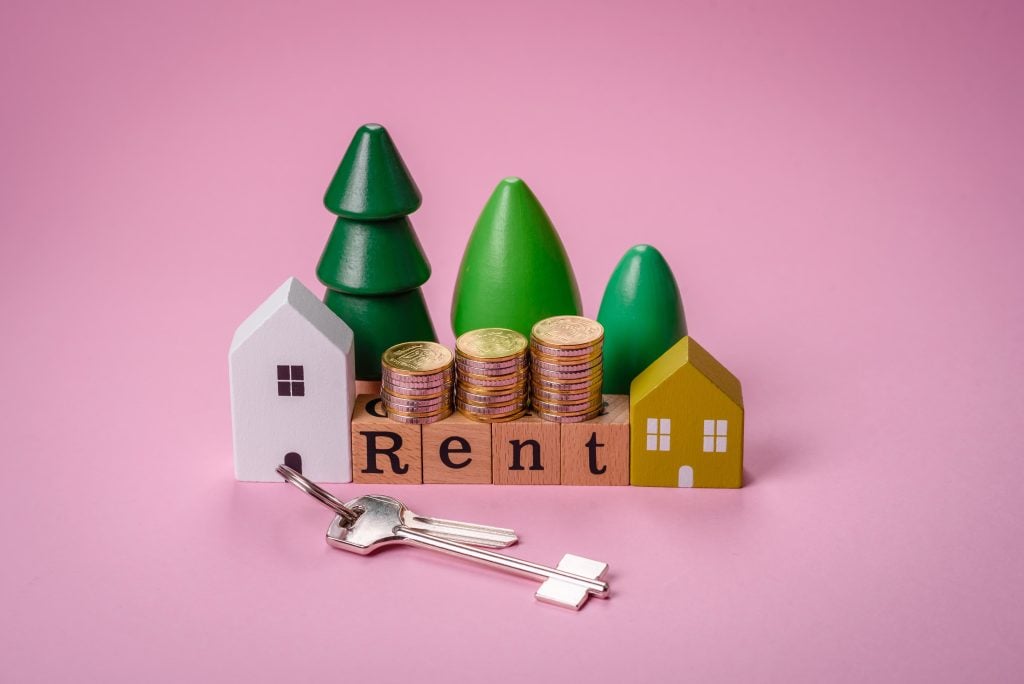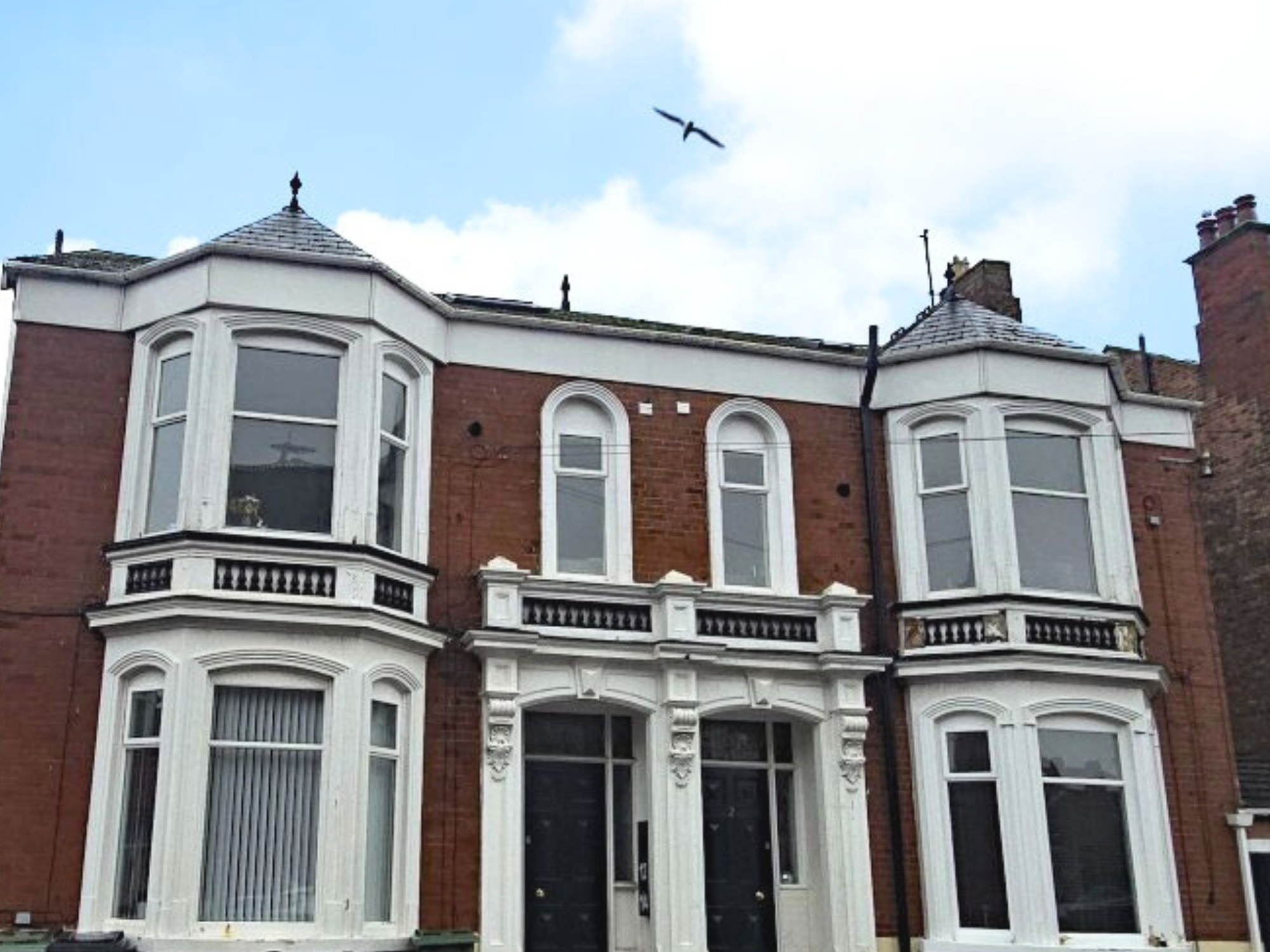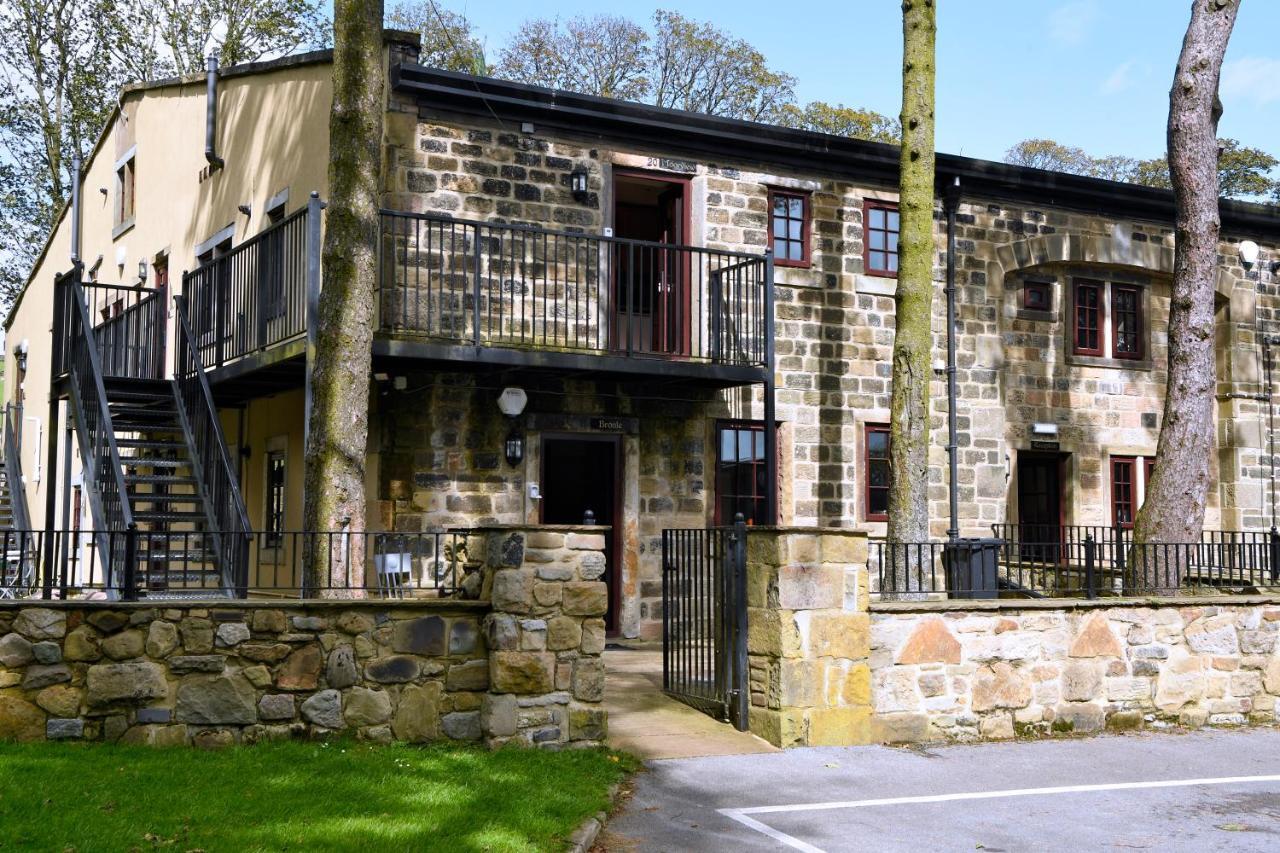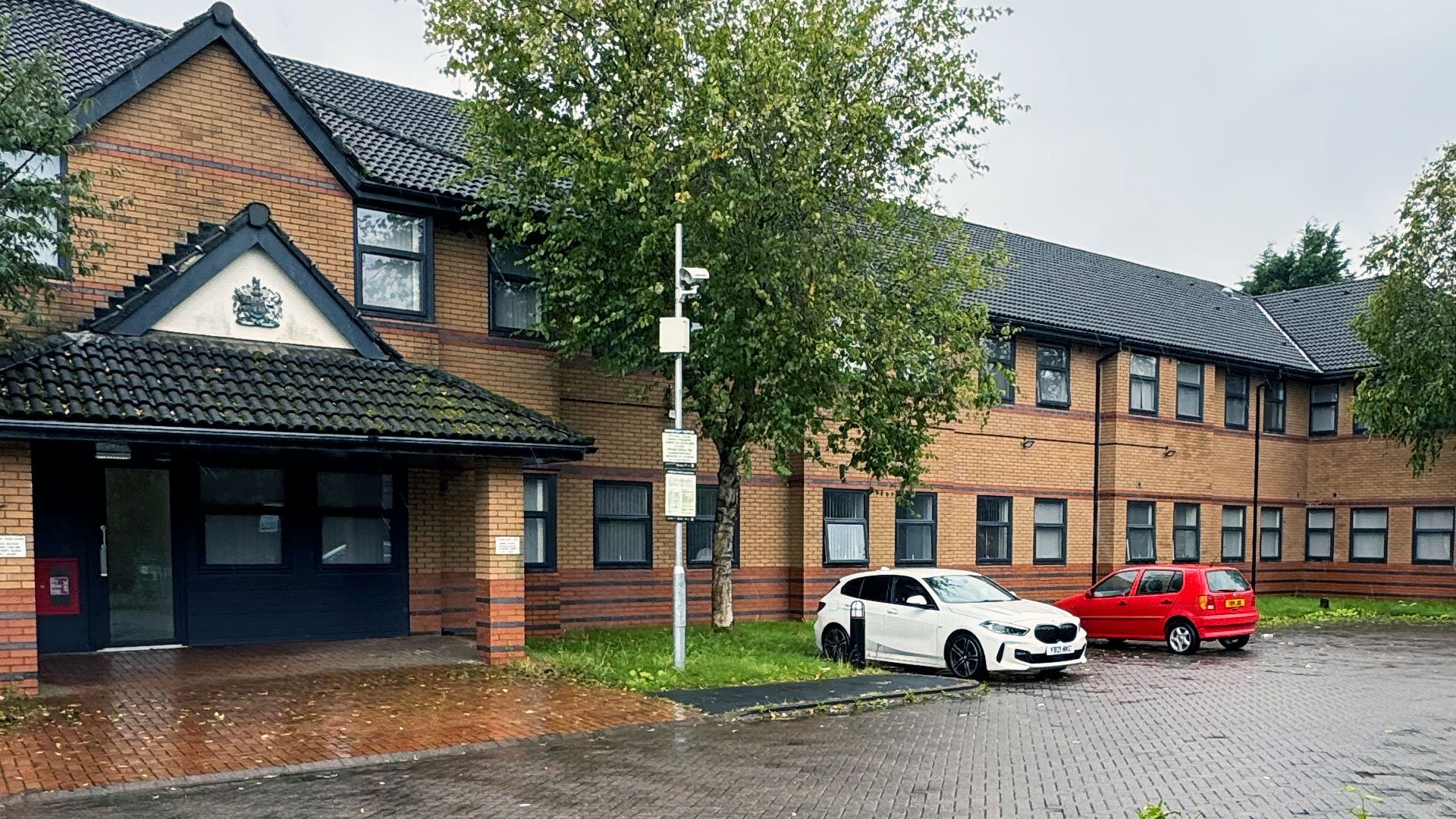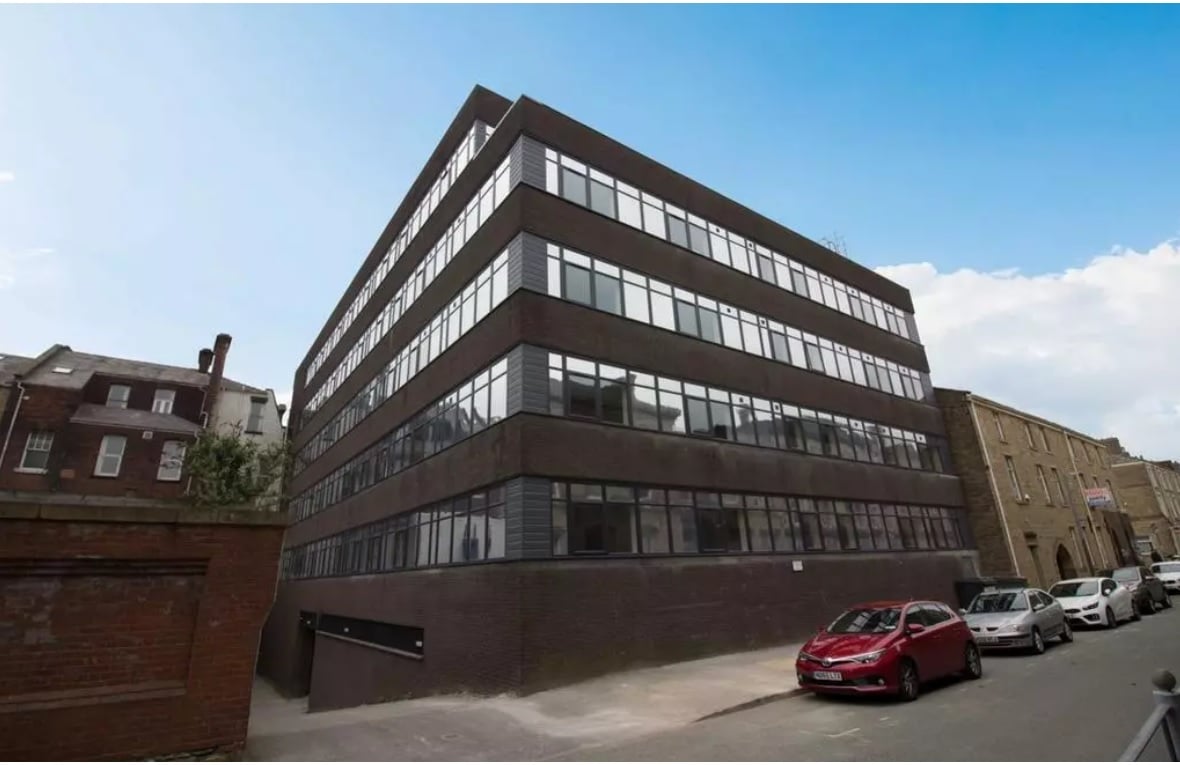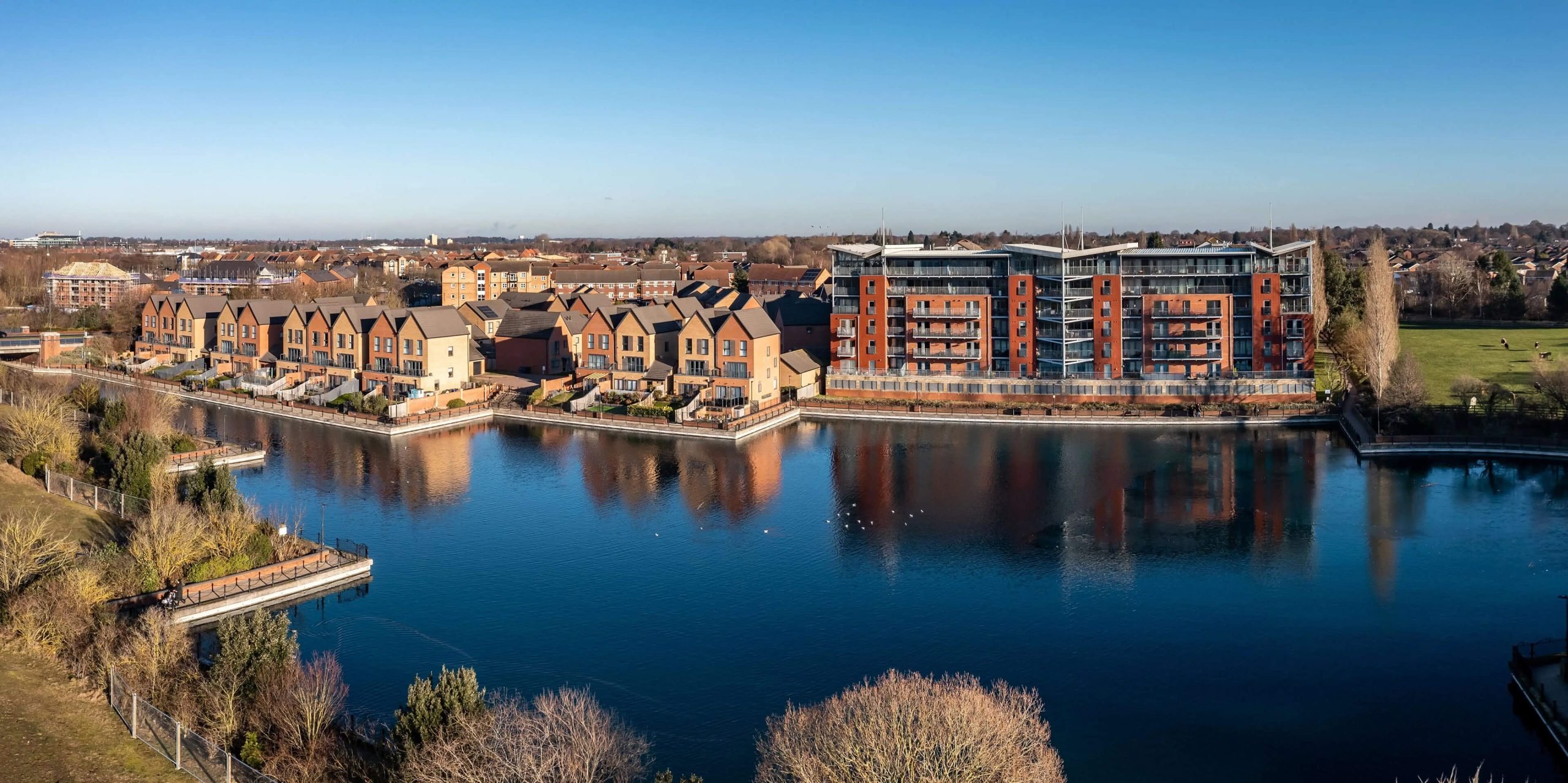One thing’s for sure, the majority of the richest countries in the world are experiencing some pretty tough economic conditions right now; the cost of living is high, inflation is rising, consumer confidence is down and interest rates are going up. So, it is only normal to hold some speculation over the property market and wonder if UK property prices will fall.
Add to that, most equities markets slowing down or dropping, and currencies facing large pressure not just from the war in Ukraine, but supply issues from China as well, and things are a little rocky right now – and will probably continue to be so at least into early next year.
This is leaving many investors in the UK scratching their heads about what their next move is. Gold is always a good commodity for safety in tough times, however, it’s not the most liquid of assets and there’s not much guarantee that it’ll hold its value.
By comparison, more investors, both small and institutional, are investing their money in UK property and becoming landlords to protect their wealth. There is a large list of benefits that have been attracting investors to the market, not least the rapid rise in prices. However, could that be coming to an end? If so, what does that mean for UK property prices?
Could UK property prices fall?
In the short term, it’s perfectly possible that UK property prices could slow down or even drop a little, but that’s in sharp contrast to some predictions that there could be some sort of crash, which is highly unlikely.
As commented on by John Stepek in Money Week, “Although it may seem hard to believe, given how expensive property is, we’re not even near the top of the pile when it comes to house price risk right now.
A recent article in The Economist contains a very nice table which shows that Britain only ranks 13th of 20 countries in its house-price risk table.
In the two pandemic years (taking average prices from the end of 2019 to the end of 2021), British house prices have “only” risen by around 18%; prices in New Zealand by contrast, are up by 46%.
In Britain, the share of homeowners who own homes with mortgages outstanding is about one in three. Again, New Zealand stands out as being double that.
Britain has a very low proportion of mortgage-holders on variable-rate loans. In Norway (fourth on the vulnerability list), 94% of loans are variable rate. In the UK, it’s below 10%.”
Stepek is keen to point out that this doesn’t make the UK bullet proof, but a lot of the time context can be lost when comparing the UK property market to the global markets that can be more volatile.
It’s perfectly possible that house prices may slow, or even drop a little, but is that likely to make a huge difference to investors across the medium and long term? Absolutely not.
Should I invest in buy-to-let?
There’s also something absolutely key that needs to be remembered when thinking about property investment – property also has a secondary income stream when you invest in buy-to-let.
That, by extension, means that we must also consider what the UK rental market is due to look like across this period. There is, up to now, absolutely no indication that demand is dropping or slowing, or that the supply issues are going to be magically resolved.
For UK buy-to-let investors, the key metric will be the yields that their properties bring in rental income. At the moment, depending on the location of your investment, that could be anywhere between 5% and 10%.
This is still a phenomenal return in the current economy and any normal economy, so the attractiveness of the market remains, and that’s highly unlikely to change any time soon.
If you are considering investing in property, or have any questions, we have a knowledgeable and experienced team who would happily guide you in the right direction of your investment needs. Get in touch with us today here, or find out more about the property market in general with our latest news articles!





